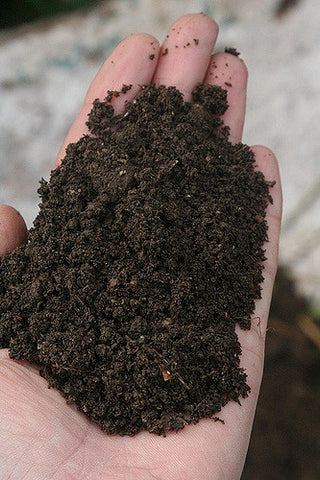Do’s And Don’t in Composting in Your Home
Recycling is nothing new. In fact, it is a process being used by Mother Nature since the beginning of time and that is through composting. The glory with composting is that we can take waste and get something out of it and in this case, we will get a nutrient-rich soil that will make a wonderful supplement to your garden or potting soil.
Some people have misconceptions about composting, but mainly they are worried about the smell and the possibility of bug infestation. But truth be told, you actually need some of those bugs to get a nutrient-rich compost. Why? Basically, a compost is actually bug poop!
So love those bugs since they are the nature’s way of helping us clean up our mess by eating them and giving us something useful. And as for the smell, you can actually control the stink by using an efficient compost bin. We particularly love Priority Chef Compost Bin. It has a double filtration system that helps control the odor. So that even if some of your leftovers are already a few days old, you will hardly notice that they are there.
If you are new to the world of composting or even if you are a regular composter, here’s a guide that can help you find out which is best to add in your compost pile.
 What to Compost
What to Compost
- Fruits and vegetable scraps, including cores and rinds
- Egg shells
- Fresh and dry garden clippings and grass
- Old herbs
- Coffee grounds
- Tea bags
- Sawdust
- Nut shells
- Table scraps
- Stale bread products
- Paper towels
- Algae
- Seaweeds
- Hair, fur and dryer lint
What NOT to Compost
- Cooking oils
- Diseased plants
- Heavily coated or printed paper
- Human or animal feces
- Milk products
- Meat products
- Weeds
- Walnuts
You will know that the compost is finished since it would look, feel and smell like a nutrient-rich dark soil. You shouldn’t be able to visibly recognize any of the scraps that you put in the bin. When adding ashes to your compost bin, you need to do it sparingly. Keep in mind that this is alkaline and may affect the pH level of your compost. Also take note, that pine needles, oak leaves are acidic materials and may also affect the pH level of your compost.
It is also possible to add algae and seaweed to your compost pile to give it more nutrients. But make sure to rinse off any salt from it before adding to your pile.
Cheers to your pursuit of recycling your waste!


